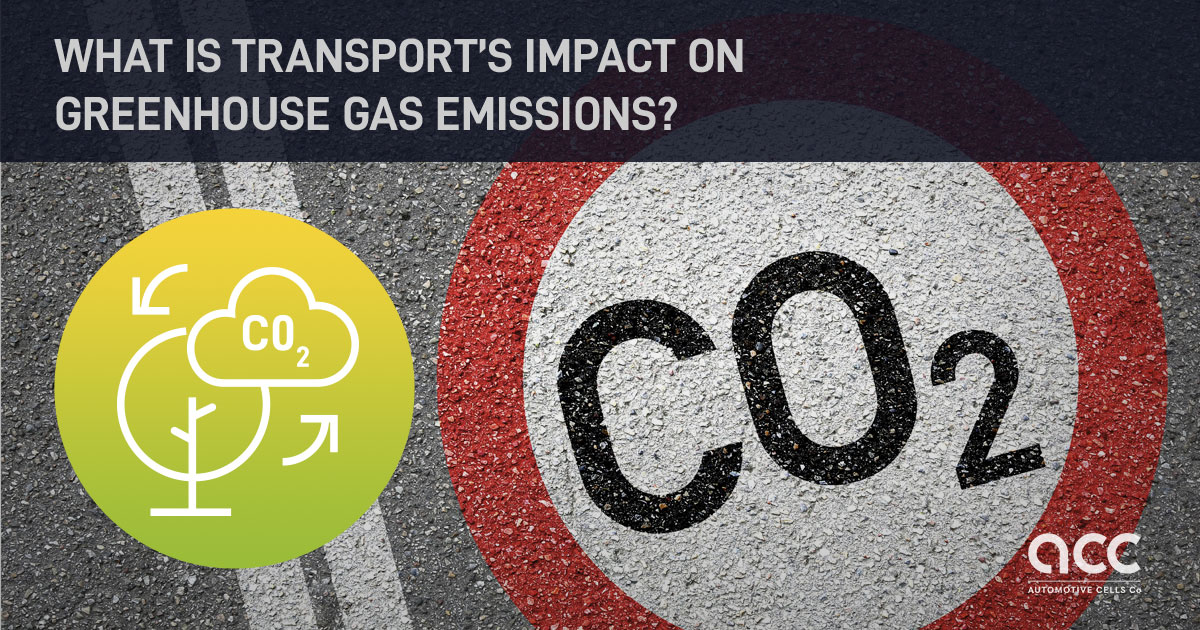What is transport’s impact on greenhouse gas emissions?

Transportation is vital to our economy and our personal lives, but as with many human activities, it produces a significant amount of greenhouse gas emissions. Indeed, In 2016, transportation accounted for 16.2% percent of the total World GHG emissions (source: Climate Watch and the World Resources Institute 2016). 96% of the greenhouse gas emissions caused by transport consisted of CO2 from the combustion of fuels (source : Rachid Lamrini). In France, transport is the biggest single contributor to greenhouse gas emissions. According to CITEPA inventory data, 29% of France’s greenhouse gas emissions comes from road transport.
Can you imagine how much we could reduce global emissions if we could electrify the whole road transport sector, and transition to a fully decarbonized electricity mix? We can too! That’s why it’s imperative that the transportation sector be part of the solution, and that’s why we are here.
Governments understand it too and some are working to implement forward-thinking policies and other measures which aim to achieve carbon neutrality and the decarbonization of land transport by 2050. Whether at Global level (2015 Paris Agreement), European level (European Green Deal, European CAFÉ regulation) or French level (Mobility Law, Energy and Climate Law, National Low Carbon Strategy), laws and strategies are being voted through and car manufacturers don’t have any choice, but to roll with it.
In 2020, a new regulation, the European CAFE (Corporate Average Fuel Economy) on CO2 emissions from passenger cars and light commercial vehicles was deployed across Europe. It sets out financial penalties on manufacturers in the event of non-compliance to an average CO2 emission threshold of 95 gCO2/km against 110 g CO2/km (source ICCT). In France, the Mobility Orientation Law promulgated in 2019 sets the objective of ending sales of private cars and light commercial vehicles using fossil fuels by 2040.
Within this context, electric vehicles using decarbonized electricity are seen as one of the most effective short-term solutions to answer these objectives, reduce our dependence on fossil fuels and reduce the negative impacts of motor traffic on our climate. They are also an answer in part to the need of air quality improvement and noise pollution reduction in our cities. The industry that is being created to produce these EV is also being implemented with sustainability in mind, a win-win situation.